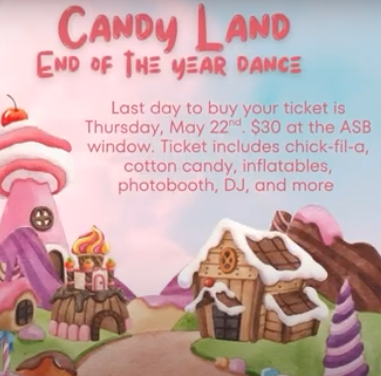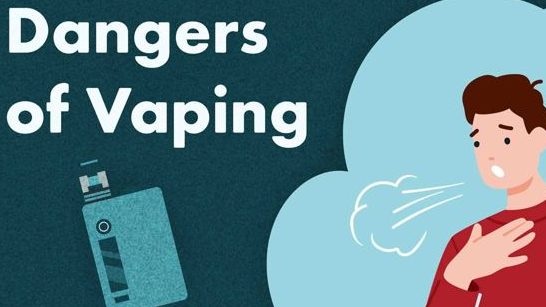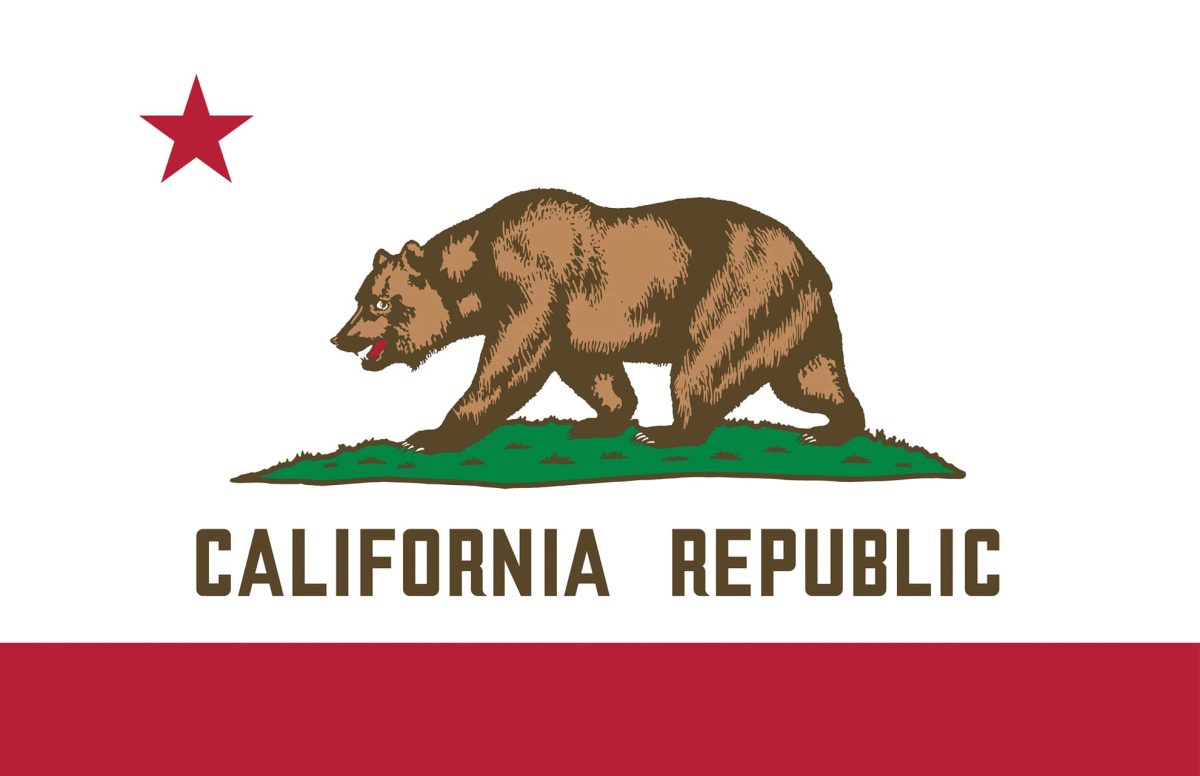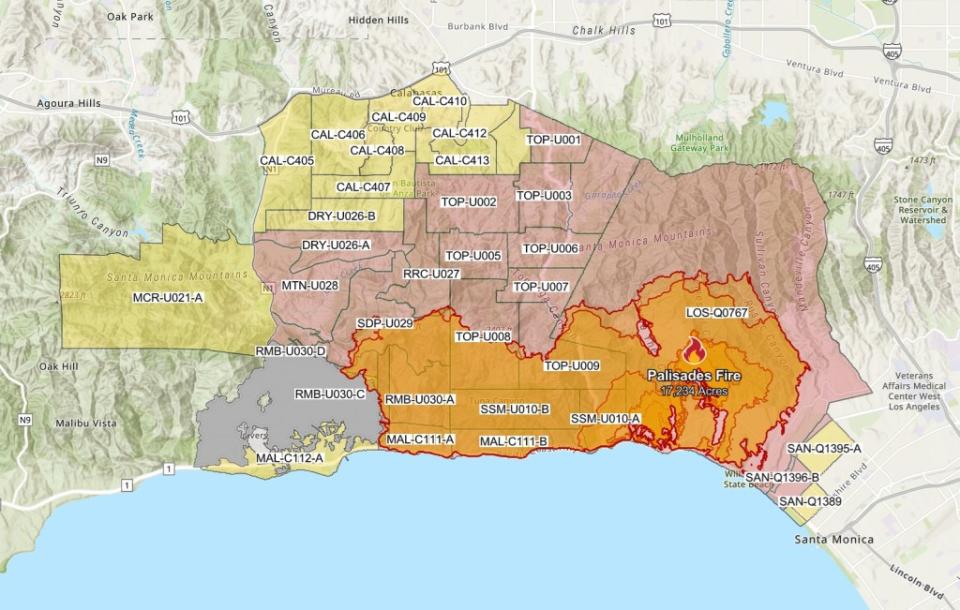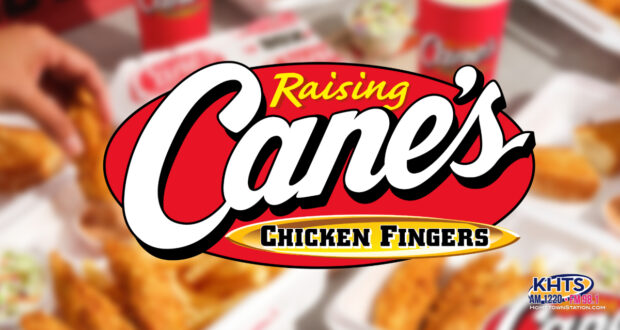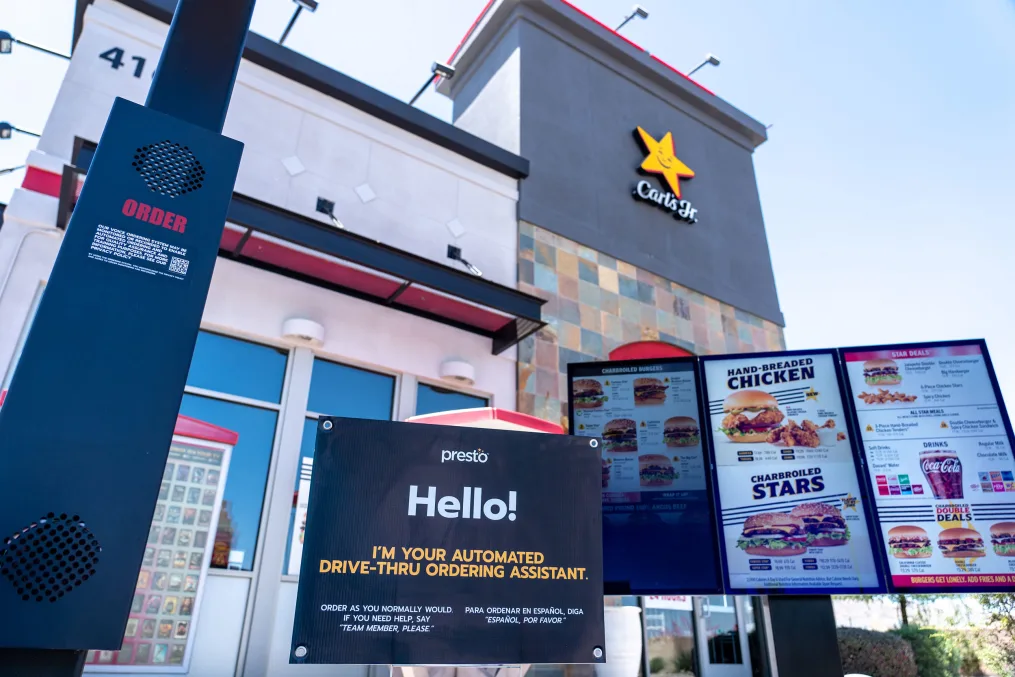Large companies that own trending games should always maintain a good image on the internet nowadays; most pose themselves as “Kid-Friendly” to obtain more audiences, not just kids, but also for adults to trust their games for profit. Think of popular games that kids may play every day, such as Roblox, Minecraft, and so much more. But the question is, are these games really kid-friendly?
Some companies require specific information, such as phone numbers or an ID, to verify age. But these “safety measures” have numerous loopholes and flaws. Companies should be aware of these, but choose to ignore them. Companies often overlook these concerns to attract more people, which in turn attracts more money. However, how does a lack of safety result in a bigger audience? Well, the answer is simple: freedom. Like most people, kids want to do whatever they want, especially those aged 10-17 who are not yet legally adults, so they can’t access games they may find interesting or think are safe, but these games are restricted for a reason.
We just went over how companies do this, but is there a name for this? Well, there is, it’s called manipulation, and not just of the children. If they only manage to manipulate the kid, that doesn’t earn any profit, because it’s not the children who make money; it’s the parents. On the surface, it may appear to be just another game for kids, but underneath, it’s not what it seems. It’s a series of purposeful security flaws. Parents give these games money to make their child happy, unknowingly helping the game become more popular, which in turn attracts more customers and generates more profit, and that’s what matters to them.
But not ALL games are like this. There are some genuine kid-friendly games out there, but that doesn’t mean you should let your guard down. While internet safety is an issue to this day, especially for kids. There are still websites and games you can trust, such as Worlde, which doesn’t require money.
Some may say something along the lines of “Sure, it’s wrong, but it’s not illegal,” but that is where they are wrong. According to https://www.ftc.gov/news-events/topics/truth-advertising, it states, “federal law says that ads must be truthful, not misleading, and, when appropriate, backed by scientific evidence.” This tells us that advertising that the app is “kid-friendly” is actually against the law. In the ads, they should be showing proof that their app is kid-friendly, but they don’t. Why? Because they know it’s not actually kid-friendly.
In summary, while yes, not every single big company out there only cares about profit, there are some out there. It’s important to stay safe.
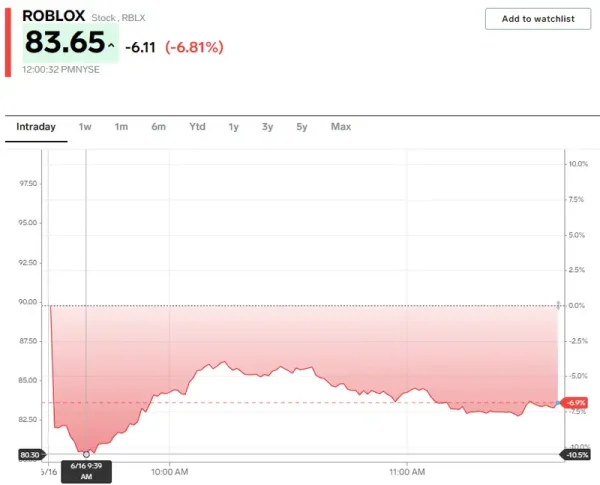
Decline in profit from the popular game Roblox after getting exposed

